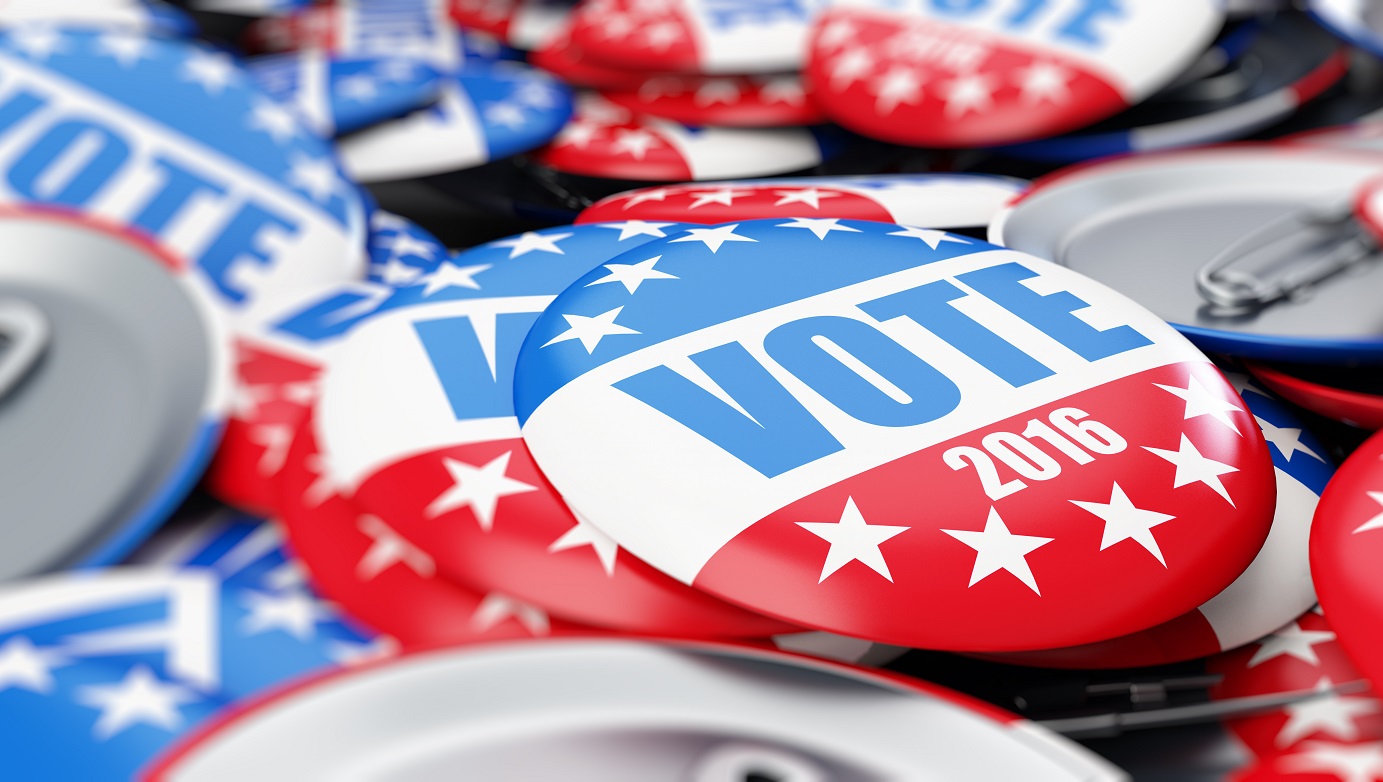Politics Are Putting Our Liberty on the Line

This is sure to be one of the most controversial columns we ever publish.
It’s about politics.
It’s not about our politics. It’s not about your politics. It’s about politics and money.
If we don’t say it, we’re not sure who will.
In 2012, we penned a similar piece on the subject. We said one of the greatest risks to investors wasn’t a sudden shift in fundamentals or dwindling consumer demand.
America is strong, we said. She’s resilient. But she’s also quite a political beast.
For all the technological breakthroughs… for all the invention and innovation… for all the hard work… politics are the variable that can mess it all up.
We took a lot of heat for the piece.
Nobody wants to hear that their man is a troublemaker.
We get it. But again, this isn’t about your politics or ours… It’s about the idea of politics and what they do to a nation.
A Surprise Rally
We all remember November 8, 2016. It was quite a day. We were at a huge conference in Boston.
A lot of money changed hands in the 24-hour period after the polls closed… a lot of investors’ money.
Going into the day, the world believed Hillary Clinton was the sure winner. But by bedtime, most Americans were watching one of the biggest surprises in the nation’s history.
As it became clear that Trump would win, Wall Street futures plunged. Investors knew that politics and money tend to walk hand in hand. And neither does well with surprises.
But Trump’s win didn’t hurt the markets, as so many guessed it would. He cut taxes, slashed regulations and made it easier to do business in America.
The market rewarded his efforts.
In this case, politics made a lot of people a lot of money.
But as we all know, we won’t make money looking to the past. The markets look ahead, and so must we.
Bigger Than Ever
As the nation works to find its boots and get back to work, it’s quickly realizing whatever “new normal” we face is going to involve a lot more government… and therefore a lot more politics.
Earlier this week, The Wall Street Journal ran a piece on the subject.
The headline says all we need to know: “Coronavirus Means the Era of Big Government Is… Back.”
A savvy observer will scoff at the idea. Big Government never went away.
Washington’s annual outlay never returned to pre-crisis levels after 9/11, and few folks think we’ll ever see 2019 spending levels after 2020.
The trend is clear.
First, we bailed out banks. They were too big to fail. Few folks scoffed.
Then we bailed out carmakers. Eyebrows were raised.
“What’s next?” the slippery-slope crowd asked.
Now we know the answer.
Airlines just got a huge check, despite bad decisions and risky business models.
Casinos got money.
Hotels too.
Even hospitals need some taxpayer cash to survive this mess.
And, in an under-the-radar move that never got the respect of a vote, the Fed just jumped in the water to keep Carnival from sinking… even though you won’t find an American flag painted on the stern of any of the Miami-based company’s ships.
Clearly, the question isn’t whether Big Government is here to stay. It is.
The question is… Will government finally get so large after this mess – and the next election – that it will control far more than we ever thought possible… for good?
Socialism was once a dirty word in America. It’s the notion that made investing here so fruitful… The best man won.
But now that oh-so-loaded word is slipping off the tongues of many folks with ease… especially those in the burgeoning young generation who were just told by vote-hungry politicians that it’s okay to stop paying federal student loans for six months (maybe longer if they vote right).
Freedom Is No Longer an Option
Perhaps foreshadowing the next painful crisis, states are turning to Uncle Sam for survival too.
Just yesterday, The New York Times ran a piece that described the $360 billion cash shortfall the states face.
Mitch McConnell says let them go bankrupt.
“My guess,” he said, “is their first choice would be for the federal government to borrow money from future generations to send it down to them now so they don’t have to do that. That’s not something I’m going to be in favor of.”
You must reap what you sow, he said.
It’s not a popular mantra these days. The fiscally conservative notion may cost him his job.
One of his fellow Republicans called McConnell the “Marie Antoinette of the Senate.”
It’s an ironic choice of words. After all, many blamed Antoinette and her lavish spending for the financial ruin that helped lead to the French Revolution.
It’s with that thought that we’d better put our pen down before we get ourselves in trouble.
We’ll just remind readers that there are a lot of things to vote for and against in November.
There are social and cultural repercussions. Rights and freedoms are on the line. Even life and death.
We have our convictions on all of them.
But above it all – especially after this mess – millions of Americans are going to go to the polls in November and vote for their wallets.
There’s an old saying that’s attributed to a lot of folks, “A democracy can only exist until the majority discovers it can vote itself largess out of the public treasury.”
We may soon find out if it’s true.
Like what you’re reading? Let us know your thoughts here.






